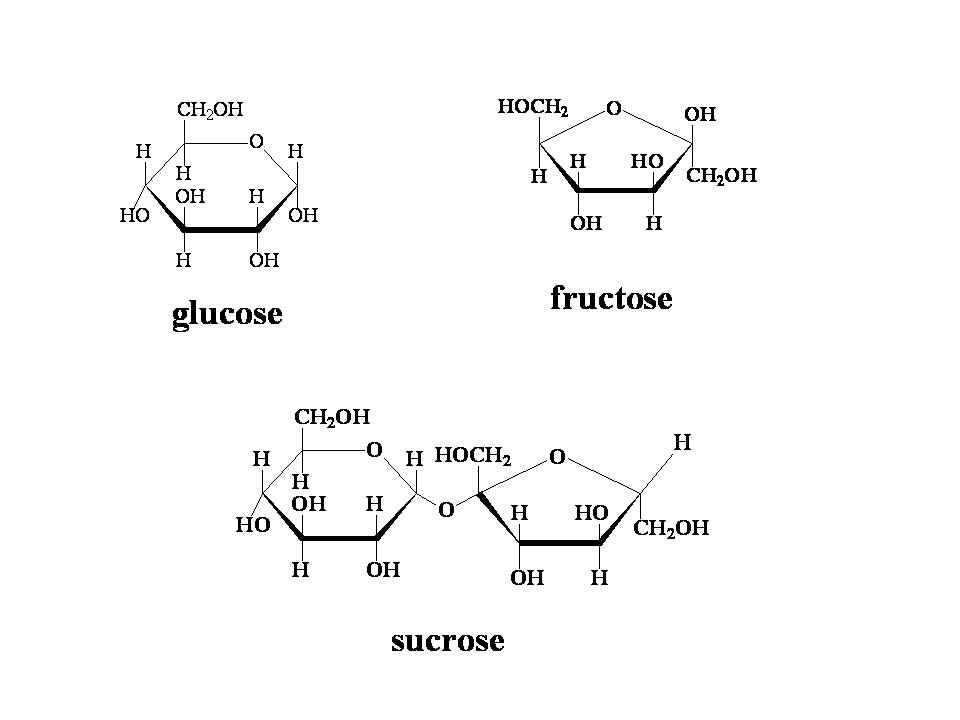I have a slightly diff. issue. I am 61 yrs old and I did this Heart health test
($50) which include a CT chest scan, blood work, Blood pressure check.
I have a slight calcification in the heart, and Cholesterol 230, which according to the MD is borderline. My blood sugar is normal and blood pressure is borderline.
Physically, I am of normal built, and healthy.
I was placed on a "rigorous daily exercise regimen" and Simvastatin for cholesterol. I was encourage to eat moderately and avoid fatty and sugary food and drinks. Eat mainly fruits and vegatables, and little fish and meat.
I do Elliptical exercises 30 -35 mins 6 to 7 days a week and aimed to elevate my heart rate to 80-85% of my capacity. I now do 90% for 35 min which amazes me. I'm thin according to people who sees me.
I'm now 62, BP, cholesterol and blood sugar are all normal.
($50) which include a CT chest scan, blood work, Blood pressure check.
I have a slight calcification in the heart, and Cholesterol 230, which according to the MD is borderline. My blood sugar is normal and blood pressure is borderline.
Physically, I am of normal built, and healthy.
I was placed on a "rigorous daily exercise regimen" and Simvastatin for cholesterol. I was encourage to eat moderately and avoid fatty and sugary food and drinks. Eat mainly fruits and vegatables, and little fish and meat.
I do Elliptical exercises 30 -35 mins 6 to 7 days a week and aimed to elevate my heart rate to 80-85% of my capacity. I now do 90% for 35 min which amazes me. I'm thin according to people who sees me.
I'm now 62, BP, cholesterol and blood sugar are all normal.




